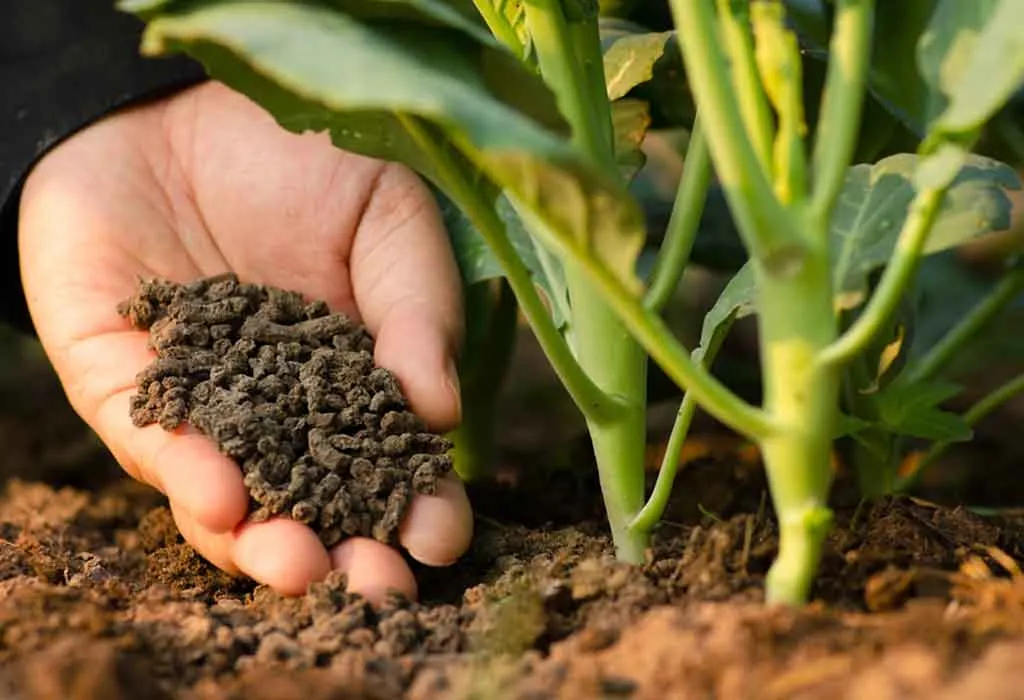ORGANIC FERTILIZER PRODUCTION AND SALES
The agriculture industry is indeed a very large industry and it is responsible for the employment of loads of skilled and unskilled labor through out the whole world. It is a fact that there are several money spinning business opportunities in the agric sector and any serious minded investor can leverage on them to make fortune.
One of the agricultural related business opportunities that an entrepreneur can successfully start in any part of the world is to go into the manufacturing of organic fertilizer. Organic fertilizer which is also known as compost or manure is produced from human excreta, animal matter or decomposed vegetable / plants.
It is what is used in the cultivation of organic food. There are various sources of organic fertilizer; they are a mineral source (peat et al) which is the main source of organic fertilizer, others are animal sources, plants, and sewage sludge (biosolids).

Forms
Commercial organic fertilizer usually can be divided into 3 forms: powder, granule, and liquid. Granular organic fertilizer contains nutrients in a solid form that will need to be dissolved or decomposed into the soil before the nutrients results can be seen. It is is perfect for speciality crops such as herbs, spices, fruits and vegetables, and can be used on annual crops such as wheat, barley, oats, flax, lentils, peas, corn, hemp, tobacco, potatoes, mustards, fruits and vegetables, saskatoons, winter wheat and fall rye. Worldwide, organic fertilizer granules are the most widely-used fertilizer type.
The Choice of Organic Fertilizer Factory
- Organic fertilizer plant cannot be too far away from the farm. Chickens manure, duck excrement and pig manure are characterized by large volume, high water content and inconvenient transportation. If it is too far away from the farm, transportation cost of raw materials will increase.
- The location from the farm cannot be too close and it is not suitable at the direction of the upper drift in the terms of farm. Otherwise it can produce infectious diseases, even causes epidemic prevention difficult to farm.
- It should keep away from the residential area or work area. In the process or organic fertilizer production, it will produce some malodorous gases. Therefore, it would be better to keep away from affecting people’s living.
- It should be located in places that are flat region, hard geology, low water table and excellent ventilation. In addition, it should avoid places that prone to slides, flooding or collapse.
- The site should be adapted to local conditions and land conservation. Make full use of idle land or wasteland and does not occupy farmland. Use the original unused space as much as possible, and then you can reduce investment.
- The organic fertilizer plant is preferably rectangular. Factory area should be about 10,000-20,000㎡.
- The site cannot be too far away from the power lines in order to reduce power consumption and investment in the power supply system. It should be near water supply so as to meet the needs of production, living and fire water.
